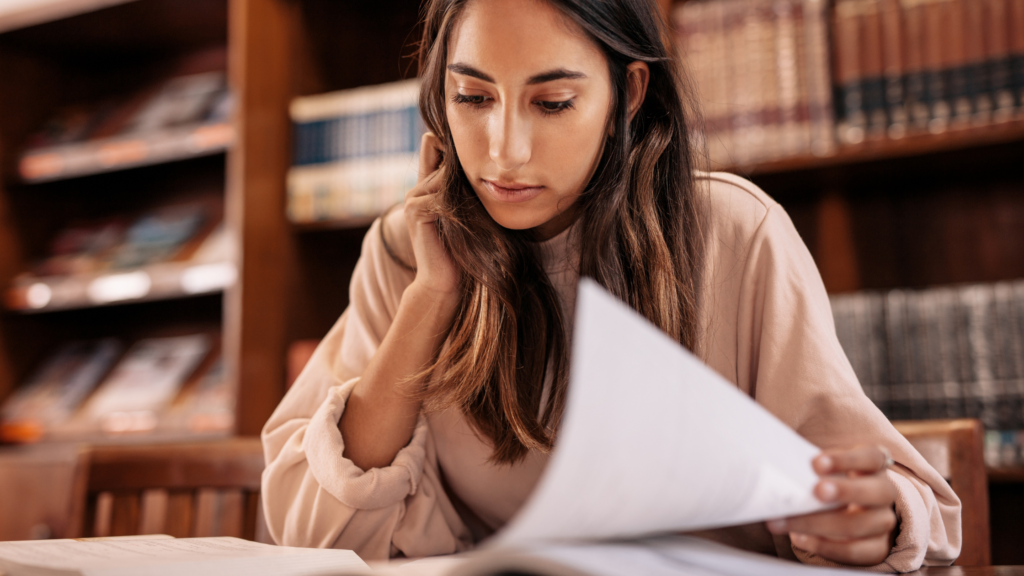How Does a Notary Verify Identity of the Signer
The primary role of a notary public is to prevent fraud. The main way to accomplish this is to properly identify all signers involved in a notary transaction. In addition to requiring the physical face-to-face presence of all signers, which is a specific requirement for New York notaries, verifying the identities of each signer is equally important.
This article focuses on New York because that is where I am a notary. That said, these requirements apply to every state in some form. If your state has different requirements or variations on the specifics outlined below, we’d love your input and welcome you to leave a comment. How does a notary verify identity? Read more.
3 ways to verify the identity of a signer in New York state
Photo identification
Under New York state law, acceptable forms of identification must: (1) contain a photo of the signer, (2) be issued by a government agency, and (3) not be expired at the time of the signing. Based on the criteria, these are commonly accepted forms of ID:
- Drivers license
- Non-Drivers license (Identification Card)
- U.S. passport
- U.S. military ID
Guidelines vary from state to state so make sure to check where you do business. The identification number and the expiration date are important items that the notary will want to record in their journal.
Personally known to the notary
If the notary personally knows the signer, this serves as a credible form of identification. This also applies to personally knowing a family member, as long as the notary is not named or otherwise involved in, or benefits from the documents being notarized.
Although legal, using this form of identification is not advised and puts the notary at personal risk. It is always better to verify through a physical identification card. However, in cases where that is not an option, this method is allowed.

Credible witnesses
If the signer is unable to produce a valid identification card and is not personally known to the notary, then a credible witness can be used to verify the signer’s identity. New York State does not have specific guidelines on the number of credible witnesses required, just as long as the credible witness is able to produce proper identification.
However, it’s important to check with your state laws before accepting credible witnesses to make sure you fully understand and adhere to the rules.
Generally speaking, the credible witness needs to be over 18 years of age and provide a valid form of identification. The credible witness cannot have any vested interest in the document being notarized or be related to either party involved. Additionally, they must sign an oath verifying that they believe that the person named as the signer is actually who they claim to be.
Learn more about credible witnesses.
Accurate, detailed notarization records
Remember, regardless of the approved method you use to verify the signer’s identity, you must record these details in your notary journal. Even if your state doesn’t have specific notary journal requirements, it is imperative that you keep accurate and detailed records of every notarization you perform.

We hope you learned about how does a notary verify identity. Notaries in all states are legally required to identify each signer or face civil penalties. Always check your state laws to be clear on the specific requirements for your state. For more information on valid forms of ID in the United States, check out this article found on Wikipedia.
Does your state verify the identity of signers in different ways than the 3 described above? Let us know.
Have you joined the Notary Jane directory? Become a member today.

Kim Jones
Notary Roc City Notary Services
Kim Jones is a veteran mobile Notary and Notary Signing Agent with over 15 years of experience. Kim is the Owner and Operator of Roc City Notary Services in upstate NY.
Notary Jane: Kim Jones
Instagram: @roccitynotary
Website: RocCityNotary.com


I never knew that the main role that notary publics play is to prevent fraud. If I were to guess, notaries are most commonly used when a witness is needed when a legal document is signed. It seems like a notary would play the role of an important witness when a legal document is signed.
Thank you for your thoughtful comment. While notaries do play an important role as a witness when necessary, their first and most important role is to verify the identity of the signer. By verifying the signer is who they say they are, the notary is preventing possible fraud.